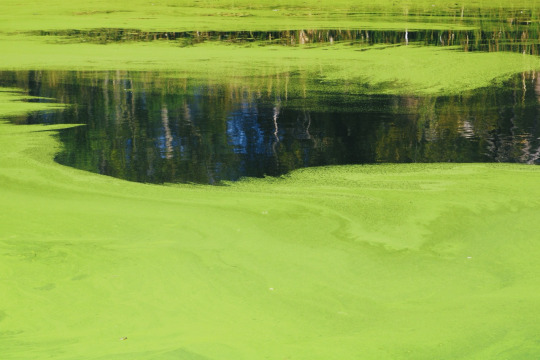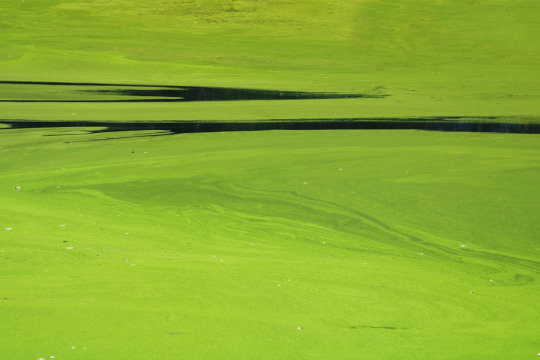#Algae
Explore tagged Tumblr posts
Text
A study at the University of Cordoba shows how algae produce auxin, a plant hormone, opening a path of communication with bacteria to generate synergies that could benefit agricultural production. The paper is published in the journal iScience. Auxin is a hormone that is fundamental for plants, as it helps them grow and is responsible for their leaves seeking exposure to light, and their roots reaching down into the soil. It is an essential hormone in the chemical language of plants, enabling them to communicate with other organisms and promoting beneficial interactions. But, how does it work in algae, which are "cousins" of plants?
Continue Reading.
94 notes
·
View notes
Text
"What the fuck?"
no, "Watch the Phacus".
Take a 30 second scrolling break to watch these little algae swim.
16K notes
·
View notes
Text
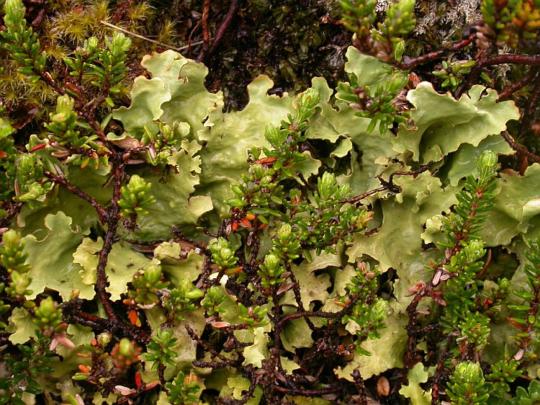
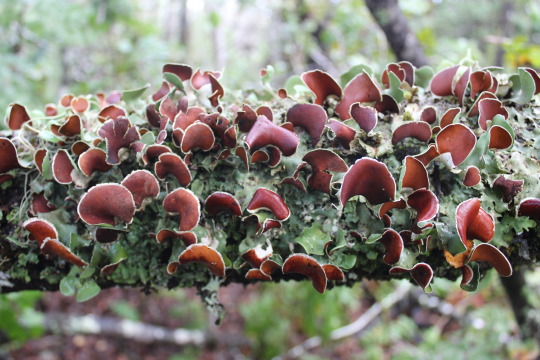
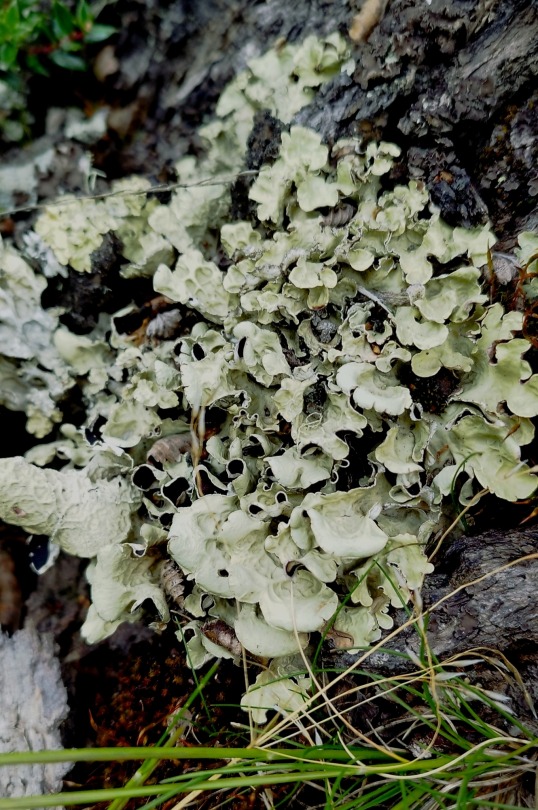
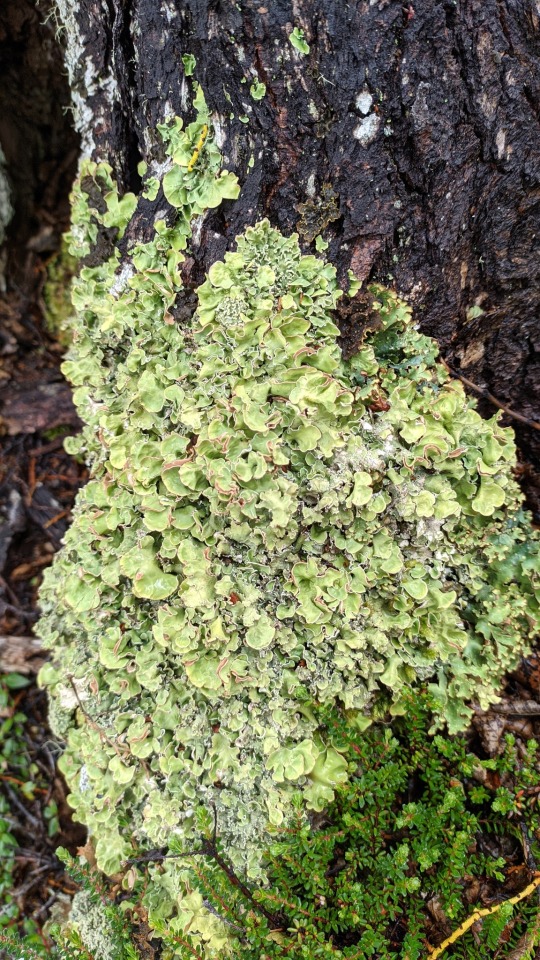
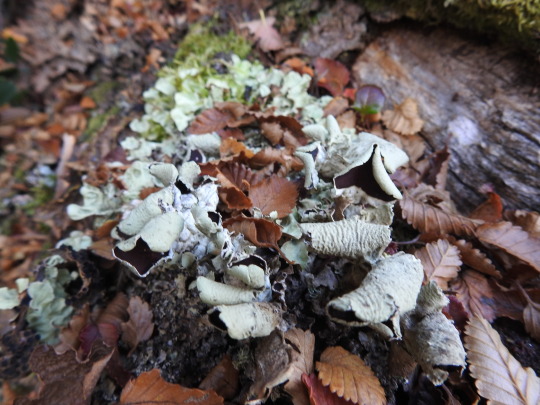
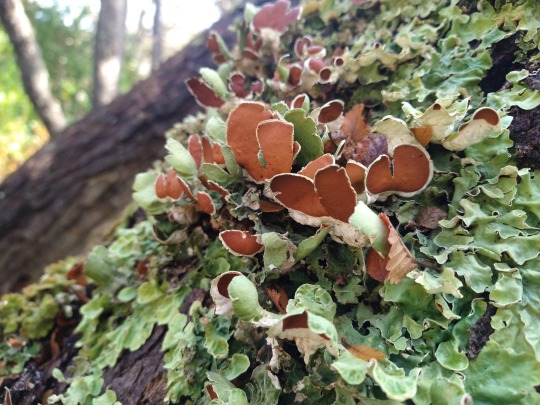
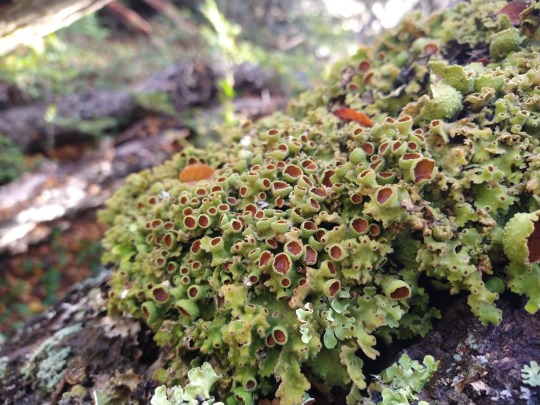
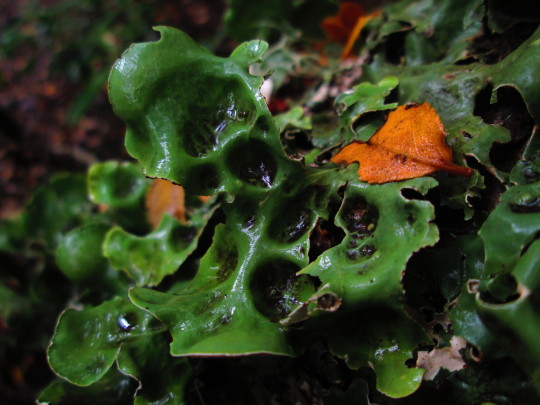
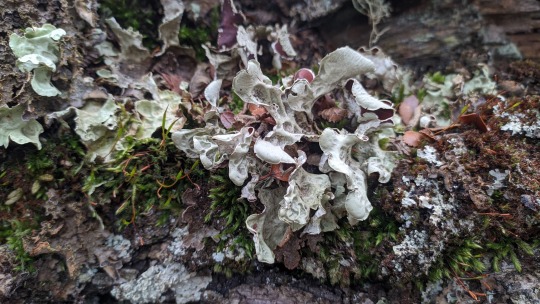
Nephroma antarcticum
images: source | source
#lichen#lichens#lichenology#lichenologist#mycology#ecology#biology#fungi#fungus#symbiosis#symbiotic organisms#algae#I'm lichen it#lichen a day#daily lichen post#lichen subscribe#trypo#trypophobia#Nephroma antarcticum#Nephroma#foliose lichen#life science#environmental science#natural science#the natural world#beautiful nature#weird nature
1K notes
·
View notes
Photo



anyways this is what things look like when you love them

“Point of Tranquility” (1960) by Morris Louis – Fluid washes of color create a harmonious abstract composition, embodying the essence of the Color Field movement.
281 notes
·
View notes
Text
symbiosis

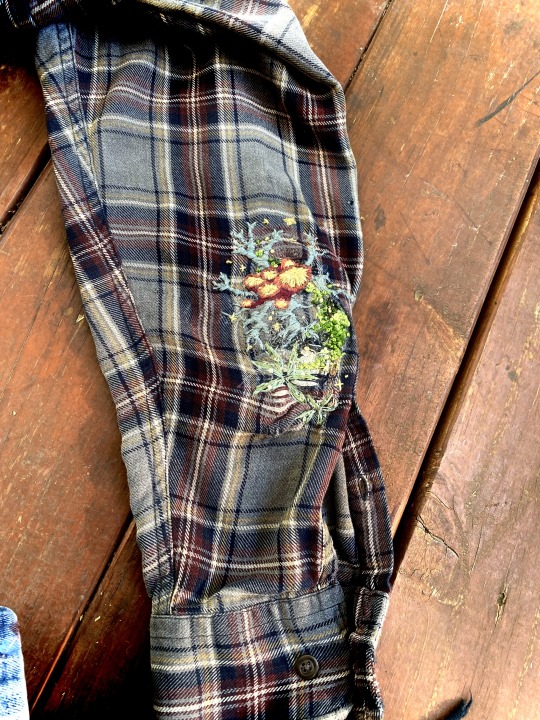
some visible mending I did on an old flannel recently! this was fun but took me so long to convince myself to do, Im very happy with how its come out though. The lichens are oak moss, bloodstain lichen, a third thats very common in texas but i forgot the name of, and then some lovely little algae (i love algae in theory but hate it in eutrophication ;v;)
#lichen#art#traditional art#artists on tumblr#embroidery#visible mending#sustainable fashion#slow fashion#patch#biology art#fiber arts#moss#algae#symbiosis
10K notes
·
View notes
Text


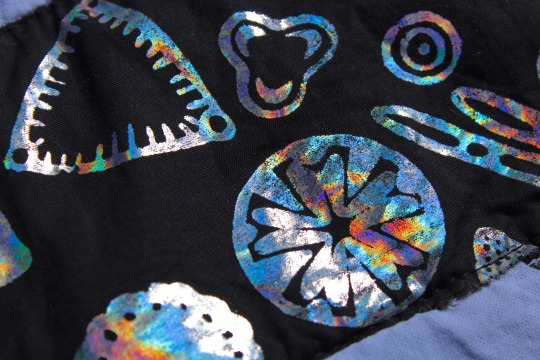
found this abandoned quilt top while cleaning and had to finish it up finally. screen printed and sewn last semester and finally quilted and bound yesterday. using holographic foils to emulate the glassy appearance of diatoms under the microscope, i sewed a log cabin pattern as a playful nod to the idea that diatoms live in tiny glass houses.
Glass Cabin, 2023, 40x42in, pieced cotton with textile foil screenprints, polyester batting, gifted fabric backing
8K notes
·
View notes
Text

this is more than a year old now and i somehow never put it on tumblr
945 notes
·
View notes
Text


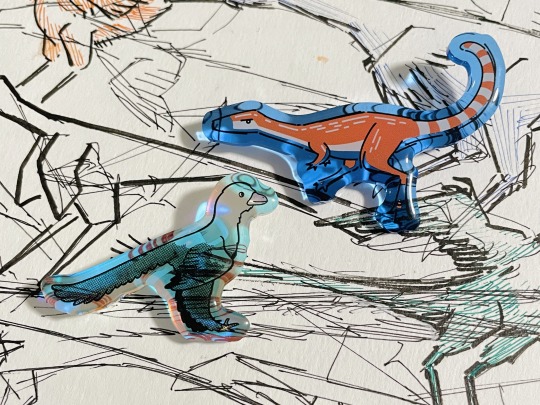

gifts for microbio and paleo enthusiasts! :DD
#science#biology#microbiology#microscopy#cell biology#marine biology#paleontology#paleoblr#dinosaurs#phycology#algae#diatoms#coccolithophore#bacteria#nitrogen fixing bacteria#pins#keychains#small business#artists on etsy#mu's wares
2K notes
·
View notes
Text
Great news everyone! The algae have invented Textiles! Time to let them become the dominant lifeforms!

818 notes
·
View notes
Text









Lobaria anthraspis
Dimpled specklebelly
I have been saving this lichen for a special occasion because I am so incredibly in love with her that I haven't wanted to free her from my drafts folder. But today is the day. This gorgeous weirdo is a tripartite (has both a green algae AND a cyanobacteria as photobionts) foliose lichen which grows only in the cold, humid forests of western North America. It has leathery, reticulated lobes which vary in color from dark brown (melanized) to gray blue to olive green in color. It produces lots of apothecia which also vary in color from orange to red to brown to black. Like other Lobarias, L. anthraspis prefers old-growth, isolated forests far away from pollution and disturbance. So my current retirement plan is to wander into the forest and settle wherever I find her and live out the rest of my life in peace and joy (the rest of my life not being very long due to the harsh winters of the region, but at least I will go out happy in the presence of the one I love).
images: source
info: source | source | source
#lichen#lichens#lichenology#lichenologist#mycology#ecology#biology#fungi#fungus#symbiosis#symbiotic organisms#cyanobacteria#algae#life science#environmental science#nature#natural science#beautiful nature#weird nature#Lobaria anthraspis#Lobaria#I love lichens#trypo#trypophobia#forest#see the forest for the lichen#lichen a day#daily lichen post#lichen subscribe#lichens are so good
1K notes
·
View notes
Text
Dandelion News - March 15-21
Like these weekly compilations? Tip me at $kaybarr1735 or check out my Dandelion Doodles! This month’s doodles, like every third month, will be free to the public, so take a look!
1. Zoo 'overjoyed' as lion cubs increase pride to 10
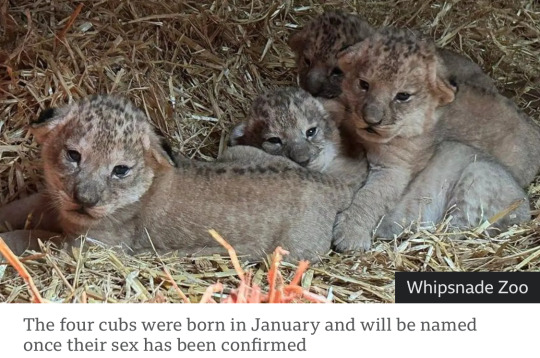
“The litter of rare northern African lions was the second batch to be born recently at Whipsnade Zoo in Bedfordshire, after three arrived in November. […] "The youngsters will grow up side-by-side with their half-siblings, and I'm sure they'll love having an abundance of playmates."”
2. Ohio Appeals Court Rules Trans Care Is Healthcare, Strikes Down Ban For Trans Youth

“The ruling rested on two key findings: first, that gender-affirming care constitutes legitimate medical treatment, and second, that parents have the constitutional right to make healthcare decisions for their children.”
3. Oystercatcher Recovery Campaign Offers a Rare Success Story about Shorebird Conservation
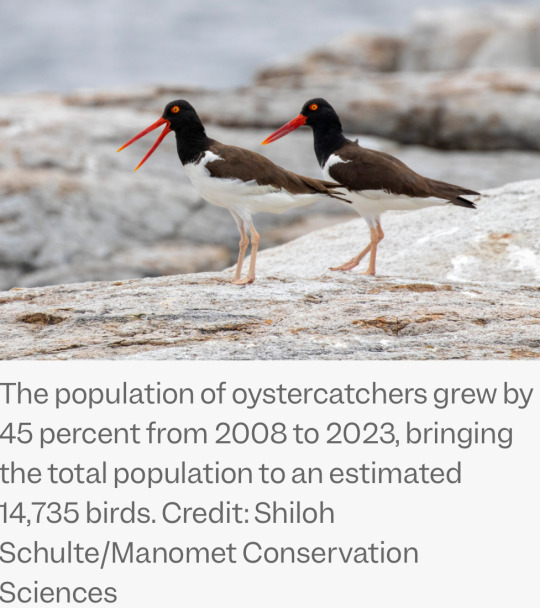
“Fifteen years of coordinated conservation efforts have produced a significant recovery in the U.S. population of the American oystercatcher[….] Schulte predicted that the protection efforts will survive [federal funding cuts] because of the large number of non-federal partners involved.”
4. Fish-tracking robot aims to make fishing more sustainable in developing nations

“A solar-powered, transparent [robot] that can roam the waters autonomously for five days at a stretch, counting fish [… can help fishers] avoid the overfishing [… and] mean less fuel consumed by boats searching for schools of fish, and less degradation of nets due to trawling where there are no fish.”
5. Zoologist Rediscovers Grasshopper Species Believed Extinct
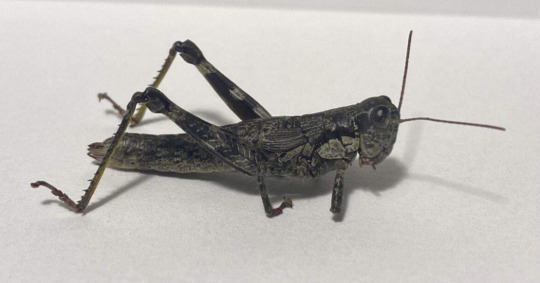
“[… T]he Appalachian grasshopper […] camouflages with its surroundings—perhaps part of the reason people haven’t seen it [since 1946]. [… A zoologist] had seen some reports on iNaturalist that he thought could have been the species[, …] and after surveying several locations, he found a female.”
6. Scaling agroforestry can support fisheries, local food production and cultural practices
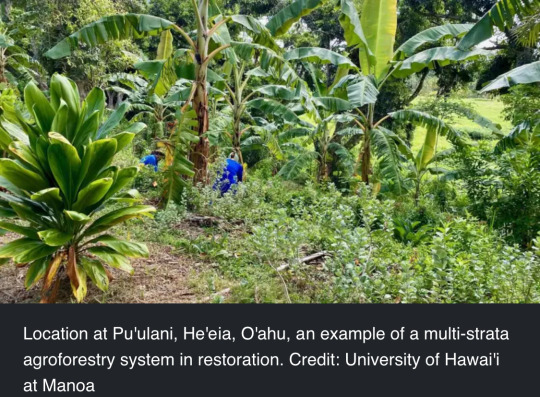
“The research found that combining native forest protection (100,000 acres) with transitioning suitable fallow agricultural land to agroforestry (400,000 acres) could [reduce] erosion and boosting nearshore food production by almost 100,000 meals per year[….]”
7. A cell pulls off one of the 'Holy Grails' of biotechnology
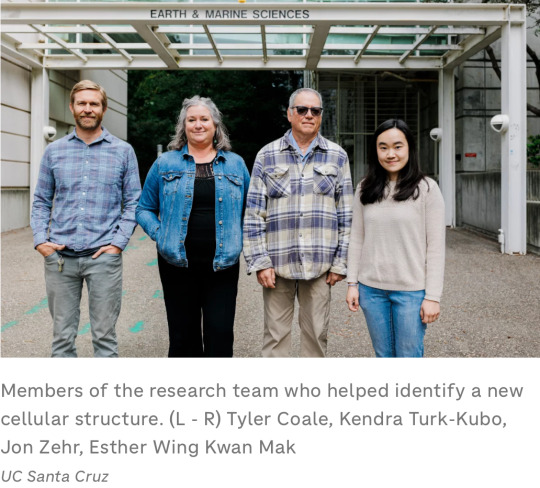
“[… A] single-celled alga with a nucleus [… can conduct] a chemical conversion reaction that helps create some of the essential building blocks of life. […] One day, Capone says the nitroplast could be introduced to crops to allow them to convert their own nitrogen without relying on external fertilizer.”
8. FERC: Solar + wind set for a strong 3-year run despite Trump’s sabotage

“Solar accounted for 68.2% of all new generating capacity placed into service in January – more than double the solar capacity added a year earlier (1,176 MW). […] Around 30% of US solar capacity is in small-scale (e.g., rooftop) systems that are not reflected in FERC’s data.”
9. As ghost junk haunts the sea, ‘mermaids’ are fighting back

“Just two days after completing the training, Diana Garcia, one of the Sirenas, helped remove nearly 900 kilograms (2,000 pounds) of [abandoned] ghost gear and debris in the waters near her community[….]”
10. A Nest-Protecting Program Pays Off for Alabama’s Snowy Plovers
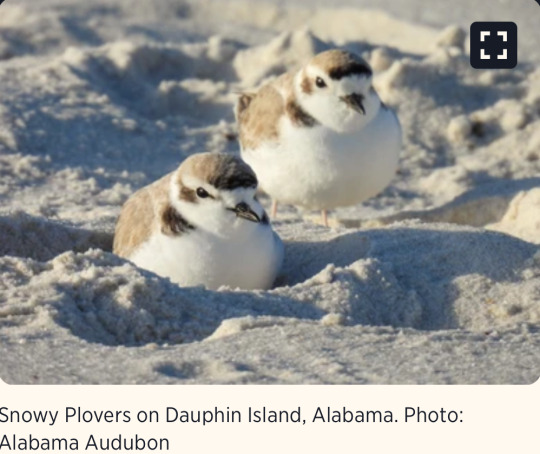
“Over the past two breeding seasons, 18 Snowy Plover chicks fledged—a major turnaround after five years of almost no chick survival. [… The team made] a concerted effort to educate the public about the need to give the birds space[, … and] people have not directly caused plover losses in Alabama recently[….]”
March 8-14 news here | (all credit for images and written material can be found at the source linked; I don’t claim credit for anything but curating.)
#hopepunk#good news#nature#zoo#lion#baby animals#us politics#ohio#trans rights#trans healthcare#healthcare#birds#conservation#fishing#sustainability#grasshopper#insect#extinction#inaturalist#agroforestry#hawai'i#hawaii#biotechnology#algae#symbiosis#nitrogen fixation#solar#solar energy#solar power#endangered species
722 notes
·
View notes
Text

Hue 21
Back to very, very well known faces in my gallery. 💙 Thank you for your amazing support as always, Hydrophagist! 💙
550 notes
·
View notes
Text
"Any good gardener knows what a good de-weeding can do for a vegetable garden. As it turns out, it’s much the same for coral reefs.
Following a volunteer “sea-weeding” program launched in Australia, scientists are witnessing compounding coral recovery both in quantity and diversity, and suggest that this simple method has the power to transform degraded reefs overrun by macroalgae.
In a balanced ecosystem, macroalgae is kept in check by the size and health of corals, but as extreme weather events or coral bleaching causes some sections of reef to die, macroalgae has no other neighbor keeping a check on its spread.
Over a period of three years, the joint Earthwatch Institute program led by James Cook University Senior Research Officer Hillary Smith and Professor David Bourne, also at JCU and the Australian Institute of Marine Science, has organized volunteer citizen scientists to help remove macroalgae at two experimental reef sites.
The results of the first three years of work and study have now been published in the Journal of Applied Ecology, and they show a 600% increase in coral recovery rates.
“It’s just like weeding your garden,” Smith said. “Every time we return, the seaweed is growing back less and less, so this method could provide lasting benefit without requiring endless effort.” ...
The importance of the study, Smith details, is that a lot of reef recovery efforts globally are powered by expensive, high-tech, and experimental solutions. The study hoped to show that manual de-weeding was just as effective, and thereby encourage organizations or nations that lack the tech or funding of a country like Australia to pursue sea-weeding as a way of protecting their corals.
“We have yet to see a plateau in coral growth within these plots at Magnetic Island, which is characterized as one of the degraded reefs on the Great Barrier Reef,” Smith said. “We also found an increase in coral diversity, so this method is benefitting a wide range of different coral types.”
Smith said her team are now scoping other locations where the sea-weeding technique could be useful, including the Whitsunday Islands, which are home to a different species of predominant seaweed.
They also want to employ them in French Polynesia, Indonesia, and even Singapore, where experts have identified out-of-control macroalgae spread along coral reefs."
-via Good News Network, September 19, 2023
#algae#seaweed#coral#coral reef#great barrier reef#australia#biodiversity#ecosystem restoration#ecosystem#good news#hope#hope posting
4K notes
·
View notes
Text

Kai Carpenter, "Gifts for Skylla", 2019/2020, oil painting. Artist based in Seattle.
#kai carpenter#Gifts for Skylla#2019-2020#oil painting#painting#art#american artist#woman#portrait#gifts#Skylla#Greek mythology#greek myth art#greek myths#myths#sea#deep blue sea#seaweeds#algae
593 notes
·
View notes

